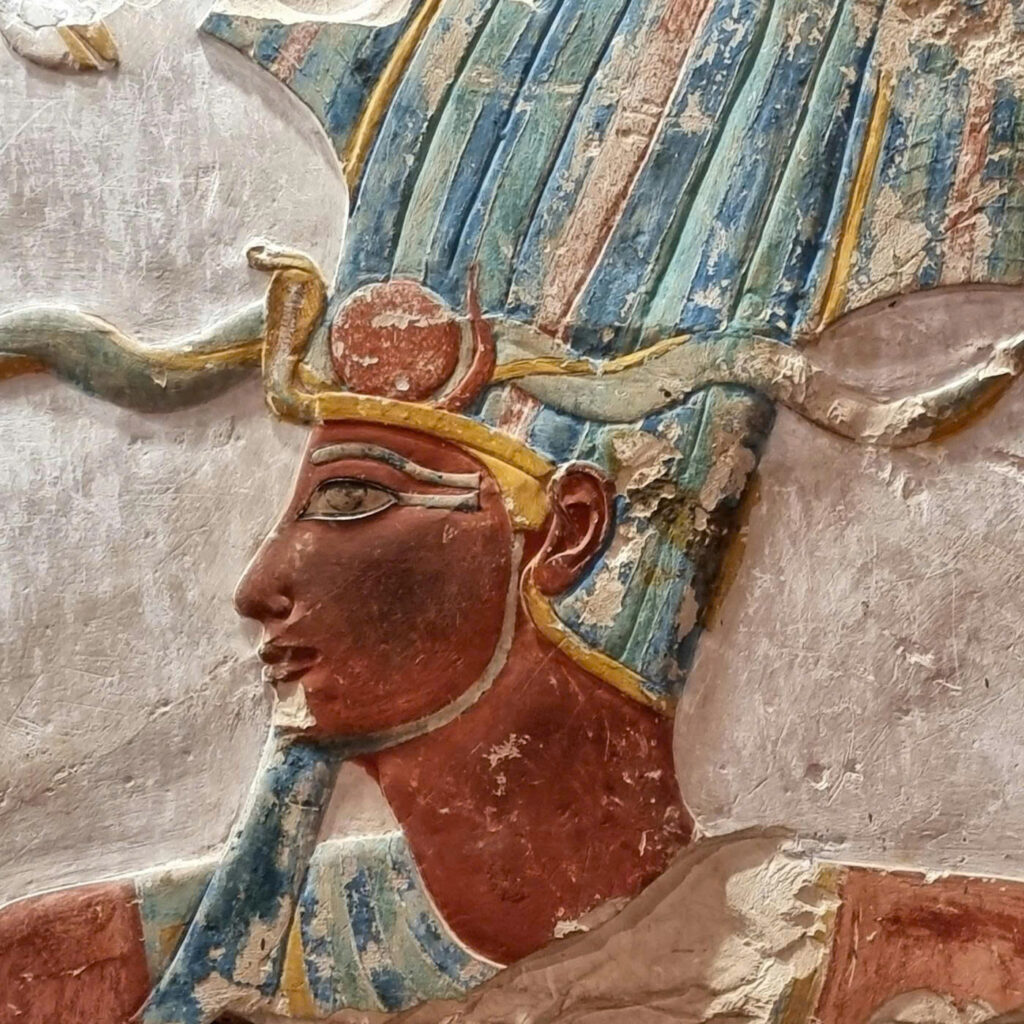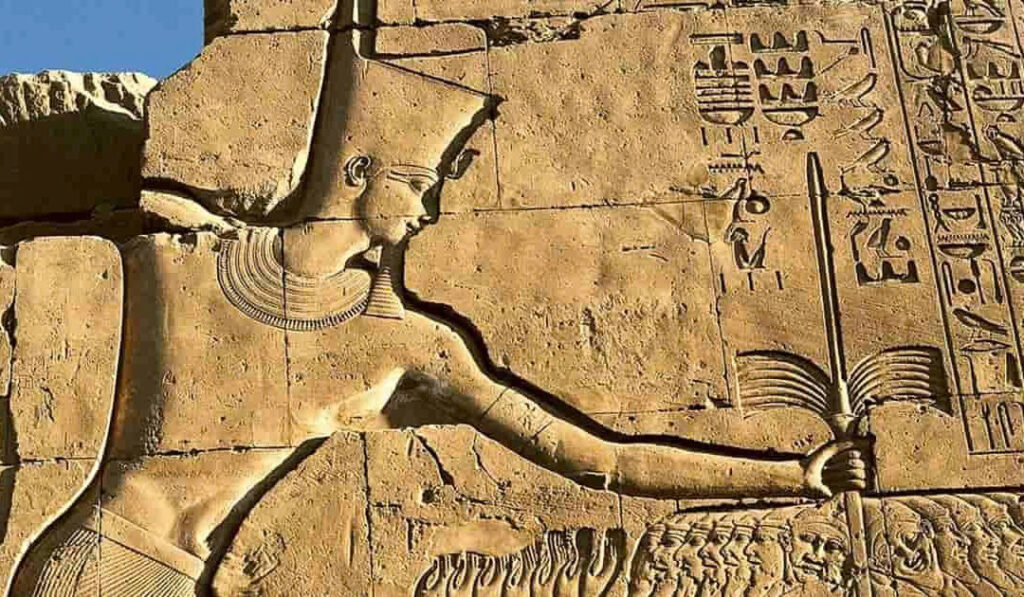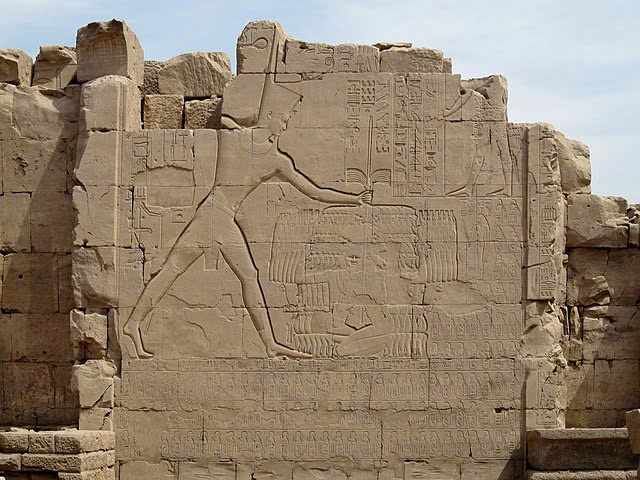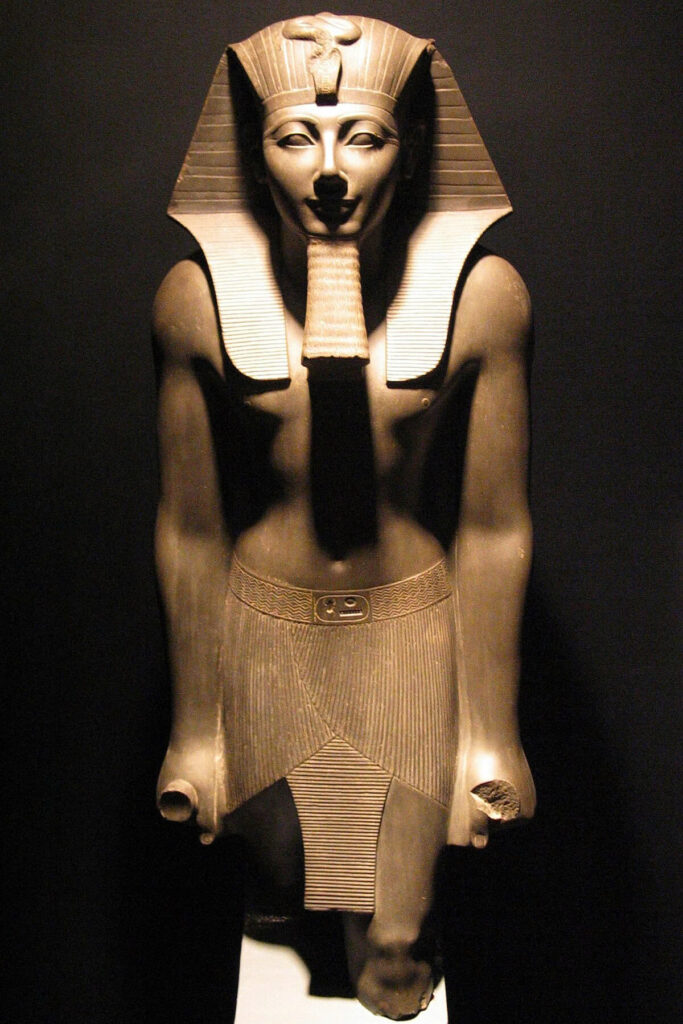The Rise of a Warrior Pharaoh
Early Years and Ascension to Power

Thutmose III emerged as one of Egypt’s most remarkable rulers, ruling from 1479 to 1425 BCE. Initially co-ruling with his stepmother Hatshepsut, he would later become a solo monarch who transformed Egypt into a military powerhouse and cultural beacon of the ancient world.
Military Prowess and Territorial Expansion
His military career was extraordinary, featuring 17 documented campaigns that dramatically expanded Egypt’s territories. The pinnacle of his military achievements was the Battle of Megiddo, where his tactical brilliance transformed the strategic landscape of the ancient Near East.
The Battle of Megiddo: A Defining Moment

Thutmose III’s surprise attack at Megiddo was a masterclass in military strategy. By catching his enemies unexpectedly and leveraging terrain advantages, he secured crucial trade routes and established Egypt’s dominance over numerous city-states.
Beyond Warfare: A Cultural Visionary
Architectural Legacy
Beyond his military conquests, Thutmose III was a passionate patron of architecture. His expansions at the Karnak Temple Complex, particularly the Festival Hall, immortalized his victories through intricate reliefs and monumental structures.
Economic and Cultural Prosperity

His successful campaigns brought unprecedented wealth to Egypt, enabling extensive temple constructions, artistic developments, and fostering robust international trade networks. This period saw Egypt emerge as a vibrant center of civilization, attracting goods, ideas, and influences from distant regions.
An Enduring Historical Legacy
Thutmose III’s reign represents a golden age of Egyptian history. He was more than a warrior—he was a strategic leader who balanced military might with cultural sophistication, leaving an indelible mark on Egypt’s historical narrative.

His achievements transcended immediate territorial gains, setting foundations for an empire that would influence the ancient world for generations. Today, he remains a symbol of leadership, strength, and visionary governance.

